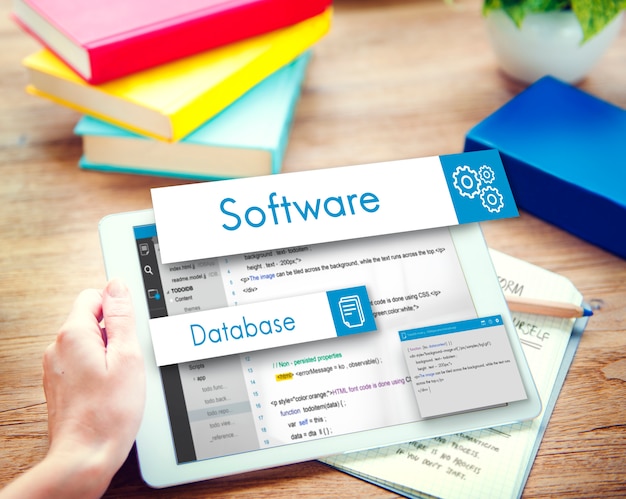Owning business software is a necessity for various businesses to function efficiently and to deliver services to their customers. Different companies may opt to keep using the same software they started with even if they grew over the years due to familiarity and ease of use for both the business owners and the employees.
Thanks to the years of experience on using one type of software, business owners tend to keep using it instead of switching over to another. It may seem practical to stay with one brand’s programs that to go for another, but there might come a time when you’ll need to upgrade what you have.
There are many indications that your systems require an update and you can read on to know them and see if they’re happening in yours.
Your System is Slow and Cumbersome and Prone to Crashes
People tend to continue using old software since they still work, and there were still no issues hampering their productivity. The same goes for companies that use old software for transactions and operations, and others use mission-critical legacy systems that companies can’t replace due to various complexities.
While legacy software is incredibly essential for some corporations, such is not the case for every company, especially if your system has no particular mission-critical programs that can only run on old systems.
Continuing to use old software can lead to various problems ranging from just being slow and cumbersome, to receiving errors that crash the program, which can hamper the growth of your business.
Your System Has No Mobile Capabilities
The current trend with many businesses today is the use of software that has mobile capabilities. Device-dependent software limits the user’s access to business-related files, especially when the work involves fieldwork.
Using outdated device-dependent software eliminates any chances of achieving operational flexibility. Growing companies either shift to completely using mobile devices in their operations through modernization or partially integrate them in their system.
The Vendor No Longer Supports Your System
When your vendor no longer supports the software your business is using, it is a clear indication that you need to use a newer version or a different one altogether. Retaining outdated software that no longer receives any support for whatever reason won’t make you eligible for any customer support.
Once vendors stop supporting software, the user won’t receive any updates which could either ease the operations of the individual user or slow down the computer. When your software no longer gets any updates, it could mean that the digital landscape has changed and better software are already in the market.
It’s Been A Few Years Since Your Last ‘Big’ Update
“Big” updates are major updates that consist of large content that vendors can’t deliver through smaller and minor updates. They tend to take years to develop before being delivered to end-users, and missing out on these can hamper productivity by slowing down the processes within your computers.
Not updating your system can prevent it from slowing down, especially since they take up a lot of space, but security issues will arise as hackers find ways to exploit the outdated software and possibly steal your files.
Your System Suffers From Compatibility Issues
Newer software tends to demand higher system requirements to function on a computer and using old computers or systems with more modern programs can render programs unusable.
Programs can lag or refuse to work unless you make workarounds to trick the software into thinking you’re using an older OS.
The business environment is continuously changing and updating with companies gaining competitive edges on one another. Business owners need to consider updating their systems to ensure data security, maintain compliance, and meet industry-specific needs.



